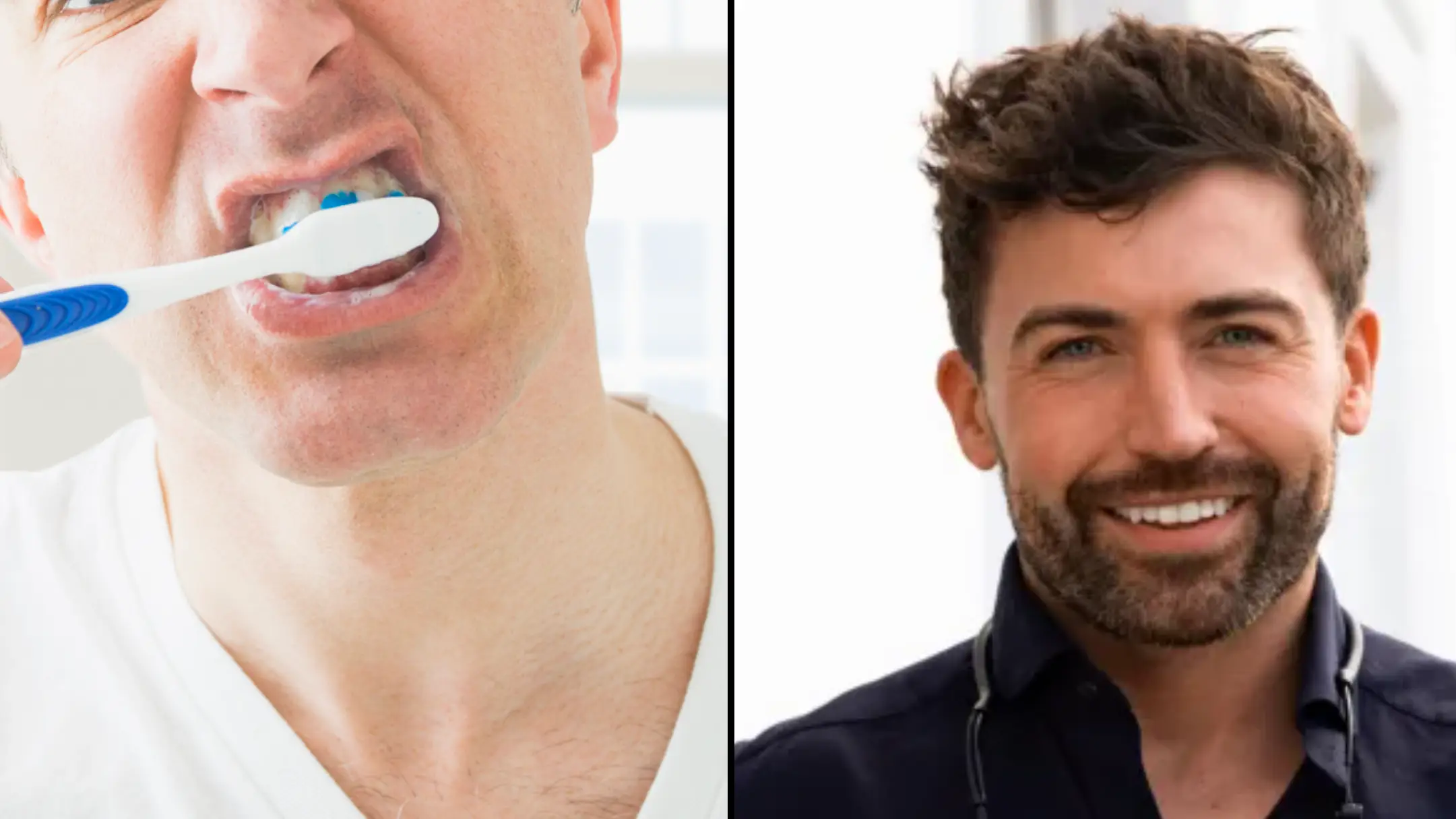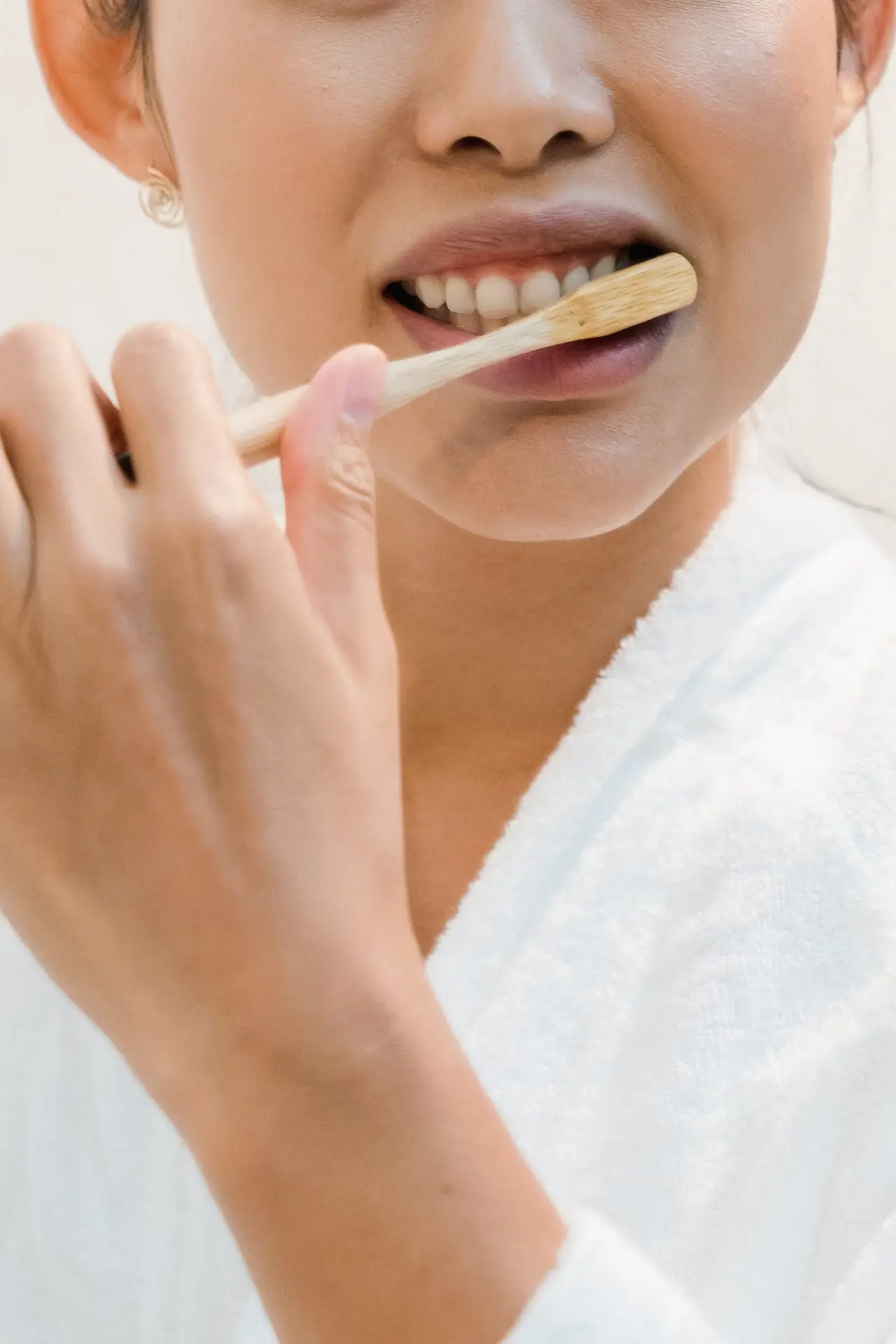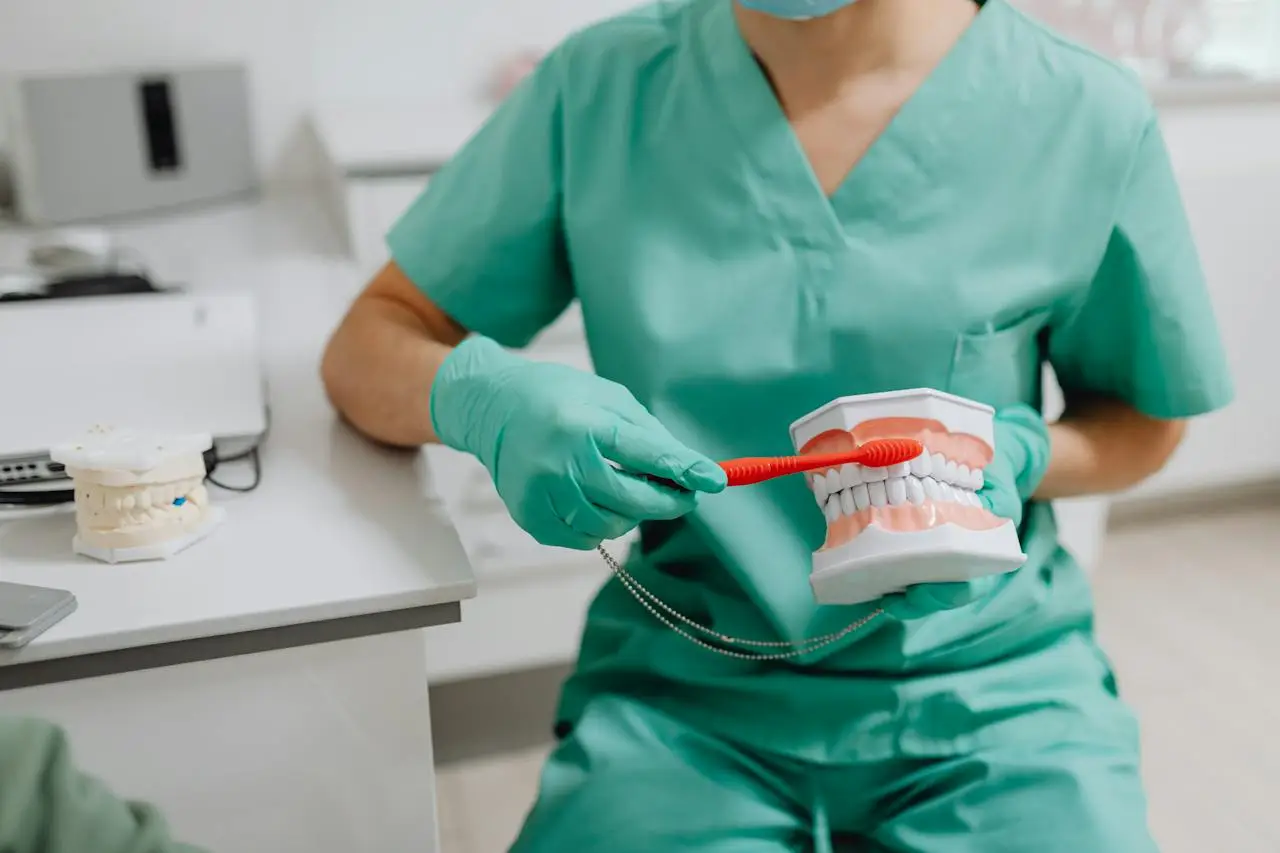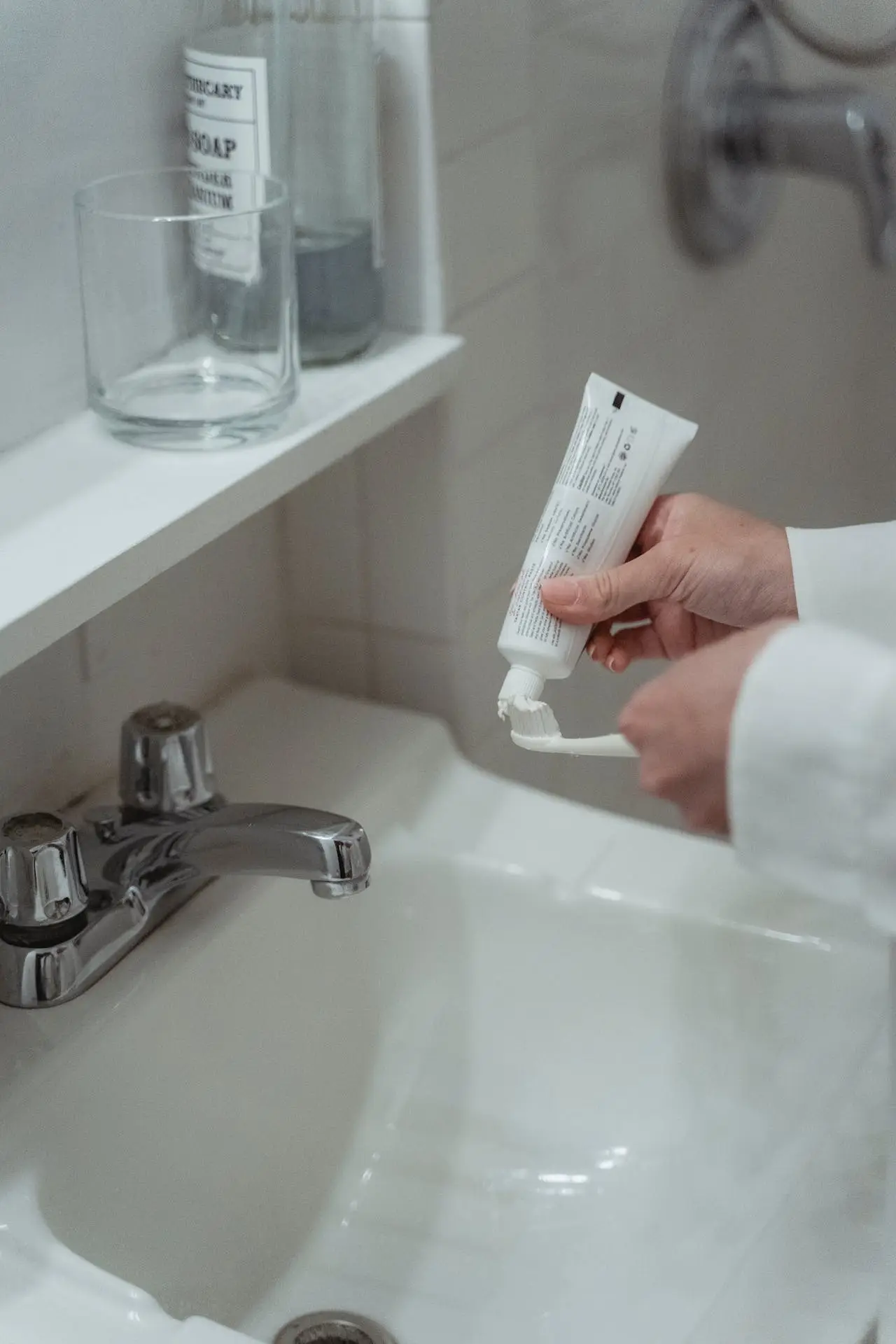
The sheer amount of food we shovel down over the festive period has reignited the age-old debate on whether people should brush their teeth before or after breakfast.
Now, if you don't put on a couple pounds over Christmas then you're not doing it properly.
The average Brit will put away a whopping 5,905 calories over the course of Christmas Day - which is around 4,000 more calories than the recommended amount.
Advert
And whilst many of us will pay close attention to our waistline after the New Year, it's important to remember the damage overeating/eating the wrong foods can do to our teeth.
And whether to brush before or after breakfast could make a difference.

Dr Lawrence Smith, a Bupa dentist at the Bryer Wallace practice in Knightsbridge, has provided some tips on how to keep your teeth healthy over the Xmas period.
He suggests that if you're going to eat sweets, do it straight after a meal and not throughout the day.
"The consumption of sugar increases the production of acid (from bacteria) which can result in tooth decay," he told inews.
"These products tend to be quite acidic and become a food source for the bacteria living in your mouth.
"Those who eat sweets will also snack on them throughout the day meaning that the sugar is constantly on your teeth.
"This means your natural defences like saliva can’t cope with the intake and will create cavities."

Addressing the toothbrushing debate, he said: "Brushing before breakfast can weaken your enamel and any acidic or sugary foods consumed afterwards may have a negative effect.
"Waiting 30 minutes after eating allows saliva to rebalance its pH levels, remineralise the teeth and help prevent cavities and gum disease."
But if it's not possible to brush after breakfast, Dr Smith suggests to use a 'fluoride fortified mouthwash' before eating or a 'soft-bristled toothbrush' to minimise enamel abrasion.
However, if you're a wine-drinker then you're in luck as the dentist claims white wine is better for your teeth, compared with red wine, which can stain your teeth.
He also suggests the avoid sparkling wines as they have a higher acidity level.

Dr Smith continued: “For sugar-free fizzy drinks, the issue for your teeth is the acidity.
"Many of these drinks contain carbonic acid leading to weakened enamel for frequent drinkers. As for sparkling water, while it can have a slight erosive effect, as it’s carbonated, it is not usually as acidic as other soft drinks.
“For most people who maintain healthy dental hygiene habits like regular brushing, drinking sparkling water will cause minimal issues.”
Meanwhile, the NHS doesn’t seem to have specific guidelines on when you should brush your teeth other than ‘before bed’ and a vague ‘one other’ time.
According to the NHS website: “Brush your teeth for about two minutes, last thing before you go to bed and on one other occasion every day.
“Your dentist or hygienist may give you more advice based on your own dental health and needs.
“Make sure you clean all the surfaces of all your teeth, which should take about two minutes.
“Remember to brush the inside surfaces, outside surfaces and the chewing surfaces of your teeth.”
Topics: Health